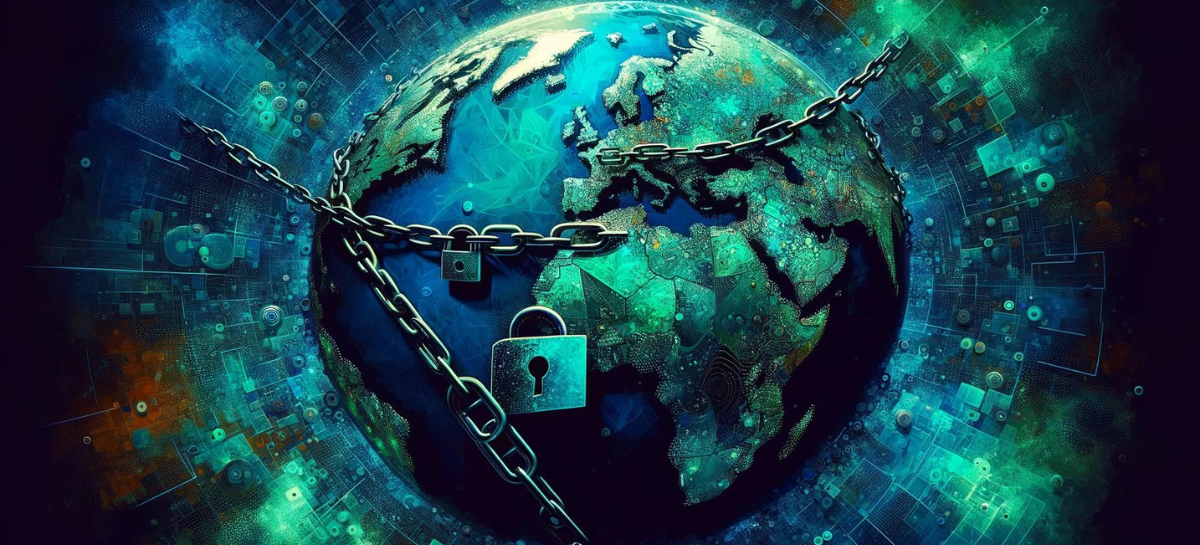
By J.D. Tuccille
You have to respect anybody willing to tell powerful government officials to get stuffed, and tech titan Elon Musk is pretty good at doing exactly that. While sometimes thin-skinned himself and not always consistent in his free speech principles, the head of social media platform X (formerly Twitter) is the best of the bunch among his peers when it comes to facing down censors. His latest battle is with Australian officials who want to restrict the entire world’s access to recordings of a crime.
The dispute involves video of the stabbing of Bishop Mar Mari Emmanuel at Good Shepherd Church in Wakely (warning: graphic images).
[ . . . ]The Race To Be World Censor
But that’s just it: the law of which land? Despite disagreeing with the eSafety takedown order, X’s Global Government Affairs team emphasizes that the company “complied with the directive pending a legal challenge.” Follow-up orders are about controlling what can be seen by people in the U.S., the U.K., Nigeria, Thailand, and every place on the globe outside Australia’s borders. If Canberra can impose its rules across the world on any online platform that happens to do business in Australia, why can’t China, or Russia, or Saudi Arabia do the same? The result would be a standard for global speech set by the most restrictive jurisdiction.
There’s already precedent for businesses defaulting to tight regulations set by the European Union rather than abide by different rules in different places with the resulting complexity and cost.
“The Brussels Effect refers to the EU’s unilateral power to regulate global markets,” wrote Columbia Law School’s Anu Bradford, author of The Brussels Effect: How the European Union Rules the World (2019). “The EU does not need to impose its standards coercively on anyone—market forces alone are often sufficient to convert the EU standard into the global standard as multinational companies voluntarily extend the EU rule to govern their global operations.”
Aggressive enforcement of the European Union’s Digital Services Act (DSA) against international media companies has “sparked accusations of overreach and violation of international human rights standards,” Jacob Mchangama, CEO of The Future of Free Speech, warned in December. Amidst a “clear trend against freedom of expression in the world’s democracies…many democracies see the DSA as a global blueprint for online regulation,” he added.
Australia wants the pervasive global regulatory clout wielded by the European Union for itself. If successful, the same reach would be available to every government everywhere, including those even more authoritarian than the notoriously illiberal democracy.
[ . . . ]Read The Full Article
Jacob Mchangama is the Founder and Executive Director of The Future of Free Speech. He is also a research professor at Vanderbilt University and a Senior Fellow at The Foundation for Individual Rights and Expression (FIRE).

